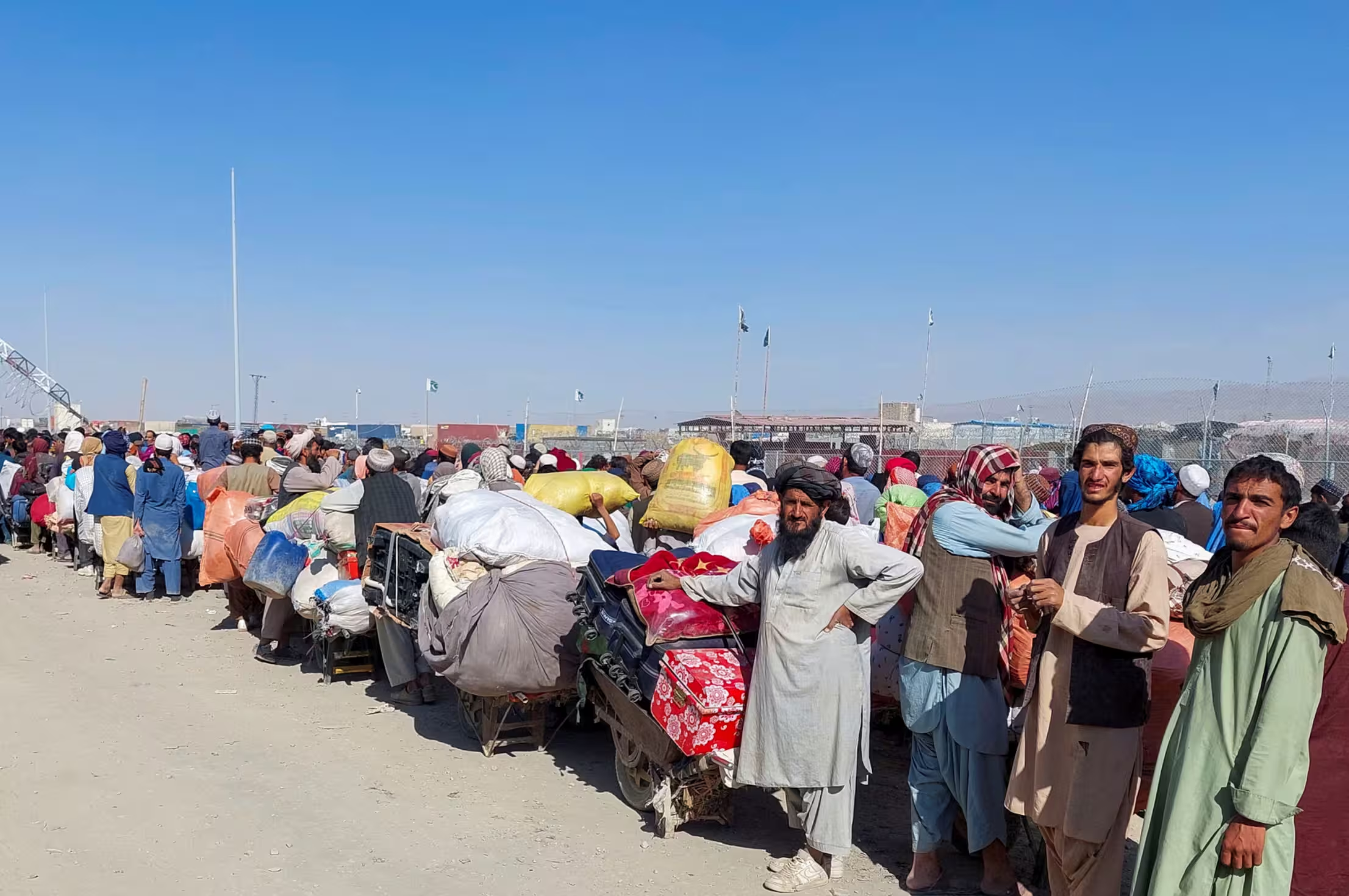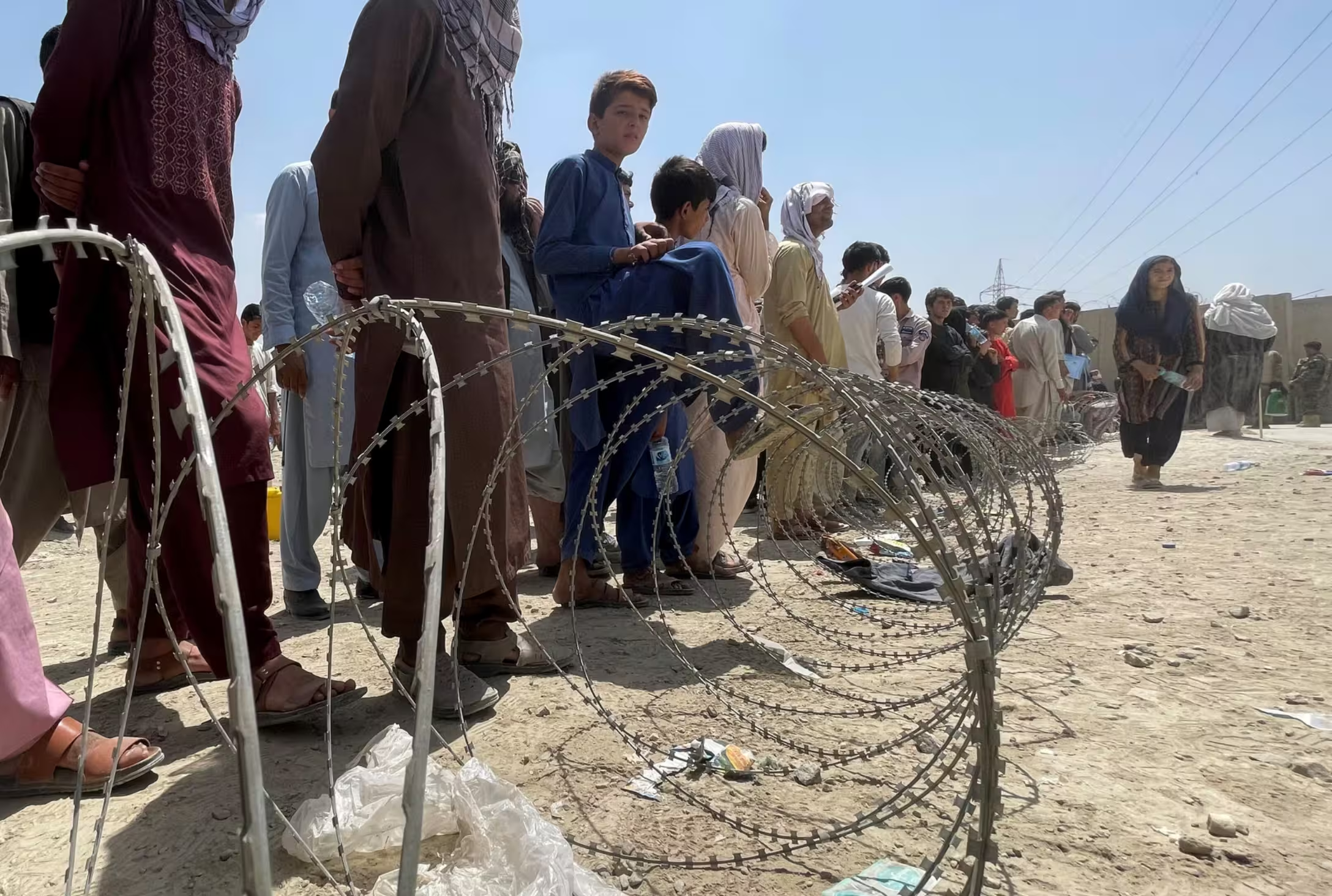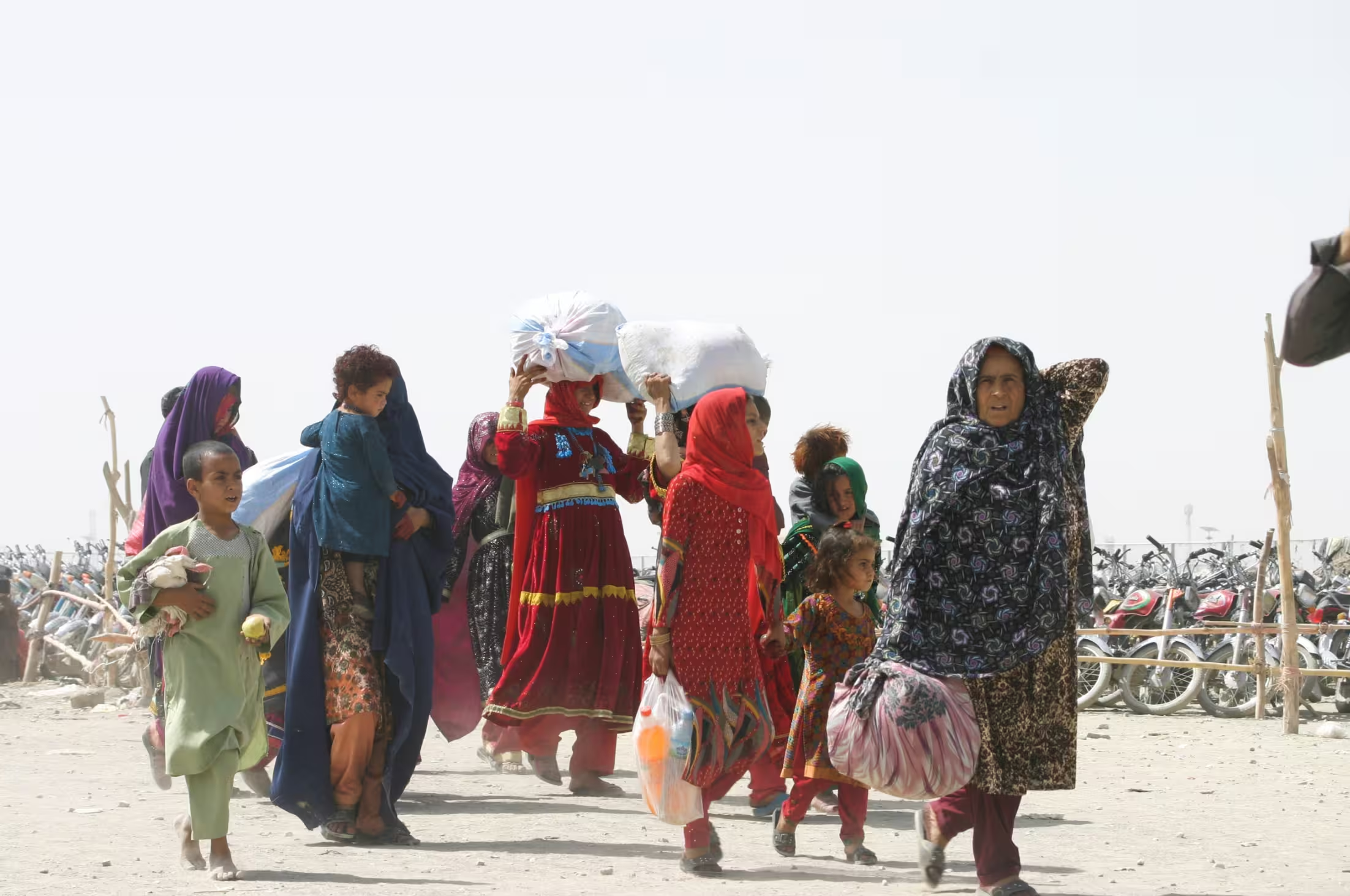The forced and compelled return of nearly 2mn Afghans to their home country in the first seven months of 2025 is creating a complex and escalating human rights crisis, according to the UN Office of the High Commissioner for Human Rights (OHCHR).

UN High Commissioner for Human Rights Volker Türk has called for an immediate halt to the forced return of Afghan refugees and asylum-seekers, especially those at risk of persecution, arbitrary detention, or torture.
“We must not turn our backs on them now,” Türk said, urging all states to ensure returns are voluntary, safe, and in line with international law.
Since January, more than 1.9mn Afghans have returned from Iran and Pakistan. Iran alone has seen the deportation of 938,000 people—60% of the total returnees—with nearly 500,000 of them deported since mid-June. Pakistan has returned more than 300,000 Afghans under its “Illegal Foreigners Repatriation Plan,” introduced in 2023.

Deportations are also rising in other neighboring states. In Tajikistan, Afghan refugees and asylum-seekers in Vahdat were reportedly ordered on July 8 to leave the country within 15 days. Between October 2024 and July 2025, at least 485 Afghans were deported, including 334 refugees or asylum-seekers.
Several other countries are now reevaluating their asylum policies and considering reducing protection for Afghan nationals, further intensifying concerns about violations of the principle of non-refoulement — the international legal norm that prohibits returning individuals to a country where they risk serious harm.
Those returning to Afghanistan face an acute humanitarian and human rights emergency. Basic necessities such as food, water, shelter, and healthcare are often unavailable, while the economy remains crippled. Reintegration is hampered by discrimination based on gender, ethnicity, and political affiliation.

Women and girls are especially vulnerable. The Taliban’s restrictive policies have severely curtailed their access to education, employment, and public life. “Women are being systematically erased,” Türk emphasized, describing the situation as one of “extreme institutional discrimination.”
Deported individuals also include journalists, former civil servants, and those affiliated with the previous Afghan government—groups known to be at high risk of retaliation by the Taliban.
Türk urged countries to expand legal avenues for Afghans seeking safety abroad. “The first priority must be to meet the immediate needs of returnees and ensure their safety,” he stated.
The OHCHR and the UN Assistance Mission in Afghanistan (UNAMA) is said to release a report next week detailing the risks faced by those forcibly returned.
Follow Daryo's official Instagram and Twitter pages to keep current on world news.
Comments (0)